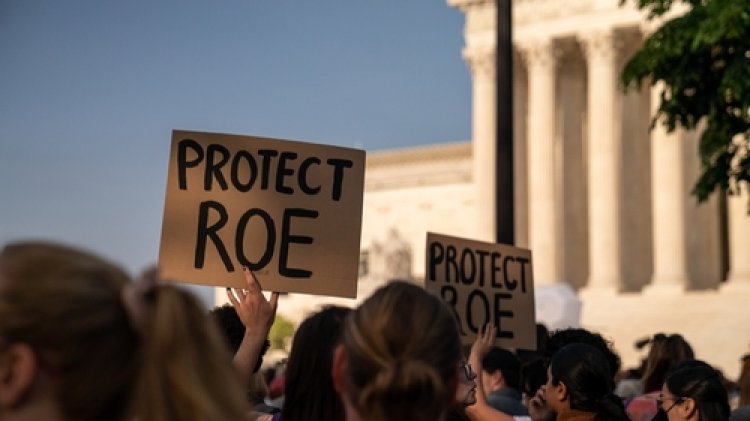The Impact of Overturning Roe v. Wade: A Deep Dive into the Statistics and Context

On June 27, 2022, a seismic shift occurred in American law and society as the Supreme Court overturned Roe v. Wade, a landmark decision that had provided constitutional protections for abortion for nearly half a century. This decision, reached in the case Dobbs v. Jackson Women's Health Organization, has significant implications for women's reproductive rights across the nation. Let's delve into the statistics and context surrounding this historic event to understand its profound impact.
The Supreme Court's Ruling
The overturning of Roe v. Wade marks a watershed moment in American legal history. It opens the door for abortion bans in approximately half of the states, effectively stripping away longstanding constitutional protections for reproductive choice. This decision, once considered unthinkable, was made possible by the alignment of an emboldened conservative majority on the court, buoyed by three appointees of former President Donald Trump.
Public Opinion
Public opinion on the Supreme Court's decision is overwhelmingly opposed, with about two-thirds of Americans expressing disapproval. CNN polling data shows that 65% oppose the overturning of Roe v. Wade, a sentiment that has remained steady over the past two years since the ruling. Similarly, a Tellwut survey found that 61% of respondents oppose the decision, indicating widespread concern about the erosion of reproductive rights. Tellwut member whitemt1 states "There should not be any laws banning abortion nor should there be any allowing it. An abortion is a medical procedure like open heart surgery or an appendectomy thus only requring medical guidelines set forth by medical professionals not politicians. Deciding to have a medical procedure is no one else's business." On the other side of the issue, LynneMW commented "How do all these pro-abortion advocates think they started out? They are here because their mother chose to give them life. God is the final arbiter--Thou shall not kill. We will all be accountable to Him for what we did and thought. He will not be pleased with how our country has murdered over 60 million potential citizens."
Federal vs. State Control
There is a stark divide among Americans regarding who should control abortion laws. Approximately half of US adults, or 49%, believe that federal politicians should work to enshrine abortion access nationally. In contrast, 37% advocate for leaving abortion laws to the states, while 14% support nationwide restrictions on abortion. This divergence reflects broader debates about federalism and states' rights in the context of reproductive healthcare. states scouthoward "It should be enshrined nationally. This issue will ensure that Biden is re-elected. However obergrenadier disagrees, stating "Abortion is not covered in the constitution, so it belongs to the states to decide. It is NOT a federal issue, nor should it be one."
The 2024 Election
The issue of abortion is poised to be a significant factor in the upcoming 2024 election. A majority of respondents, 56%, indicate that abortion is an important voting topic for them in the upcoming election cycle. This underscores the deep-seated political implications of reproductive rights and the potential for mobilization among voters who prioritize this issue.
The overturning of Roe v. Wade represents a seismic shift in American jurisprudence and public discourse surrounding reproductive rights. As the nation grapples with the aftermath of this decision, it is clear that the debate over abortion will continue to shape political, legal, and social landscapes for years to come. Understanding the statistics and context surrounding this historic event is crucial for comprehending its far-reaching implications on women's autonomy and healthcare.


